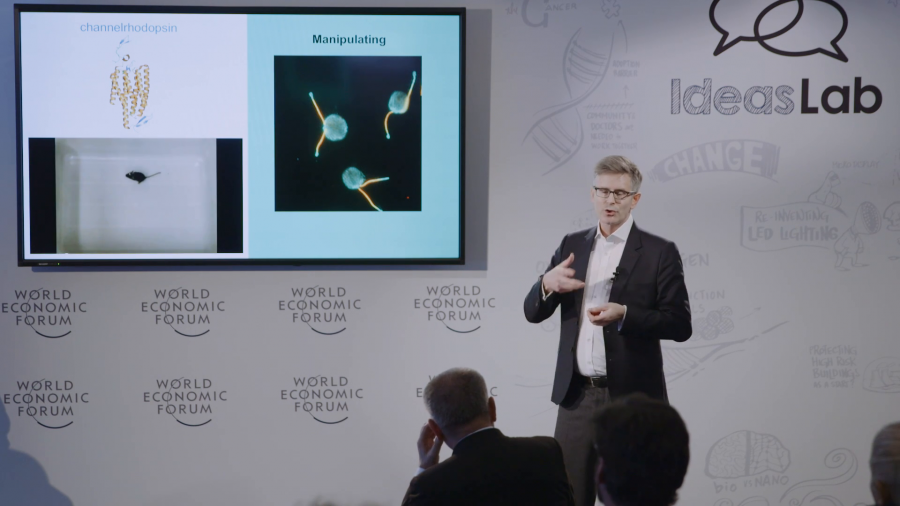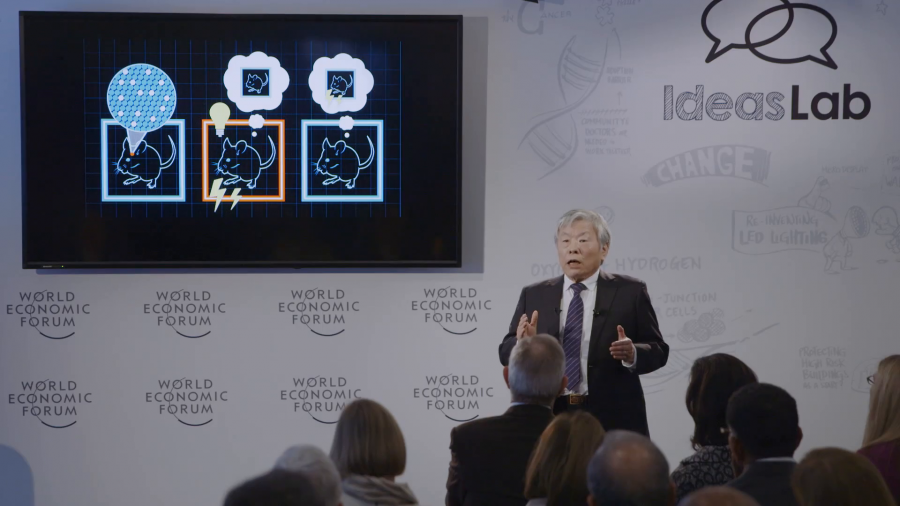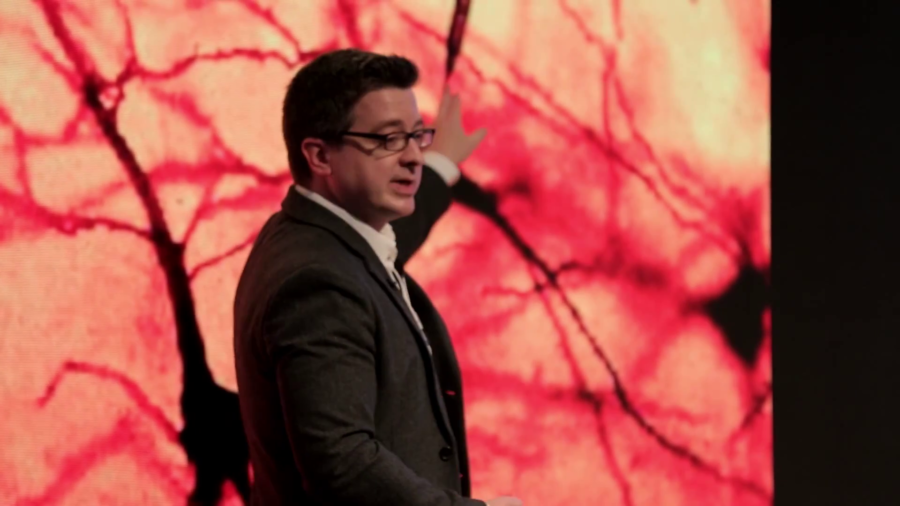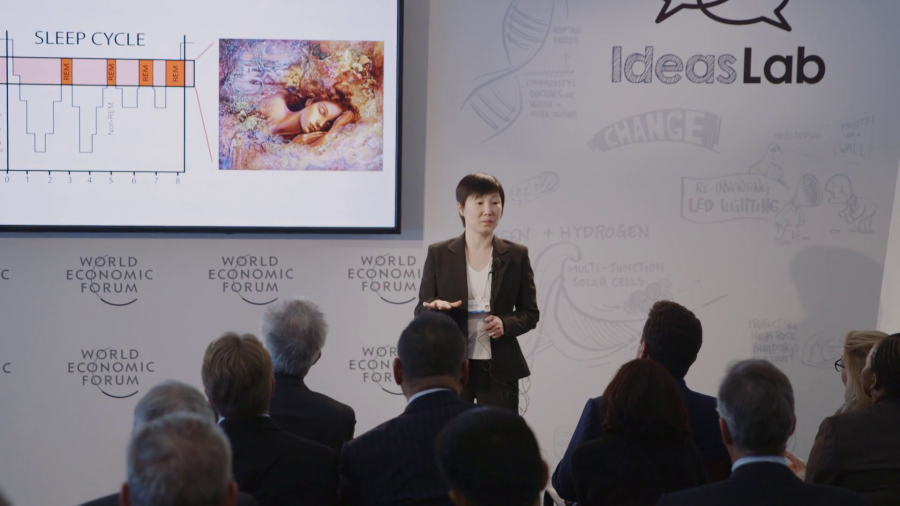The thing that makes us unique is our complexity. But not complexity in some generic sense. Nature is rife with complexity. What makes us special is the complexity of our brains.
Archive

I want you to imagine the ability to take a few drops of someone’s blood, to combine that with some cognitive and some physical testing, and to be able to figure out where that person is going to be most effective in your military.

Over the past century, we’ve been to the moon, we’ve split the atom, we’ve sequenced the human genome, but were still only at the very beginning of our understanding of the human brain. This is one of the great challenges that we face. If we can understand the brain, we can develop better treatments for brain disorders, we can design better robots, better computers, and ultimately we can better understand ourselves.

The key molecule of optogenetics is a light-sensitive protein called channelrhodopsin, which is extracted from green algae. Scientists can insert channelrhodopsin into memory cells. Subsequently, scientists can even activate these with blue light which they deliver deep inside the brain with optic fibers.


